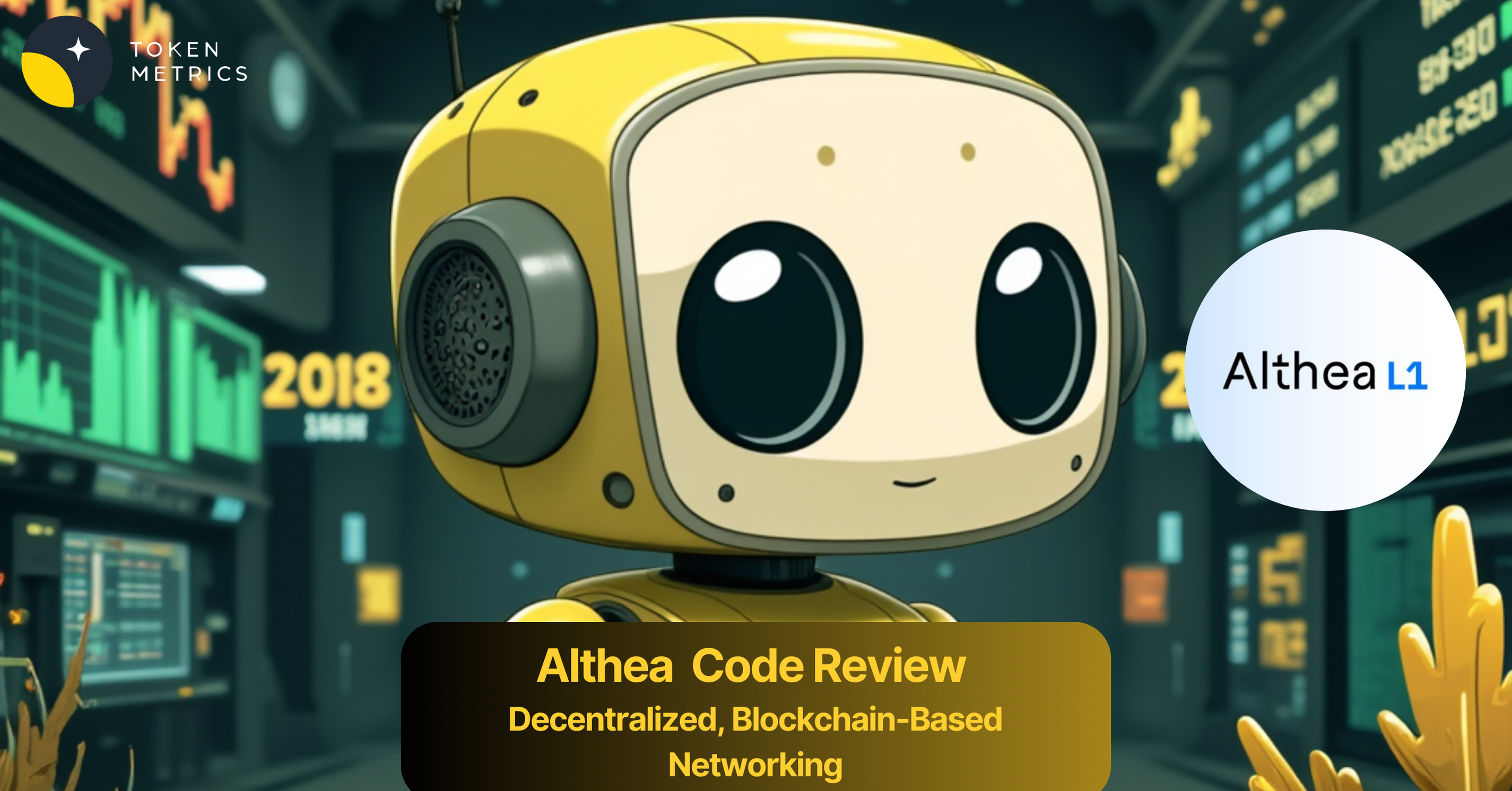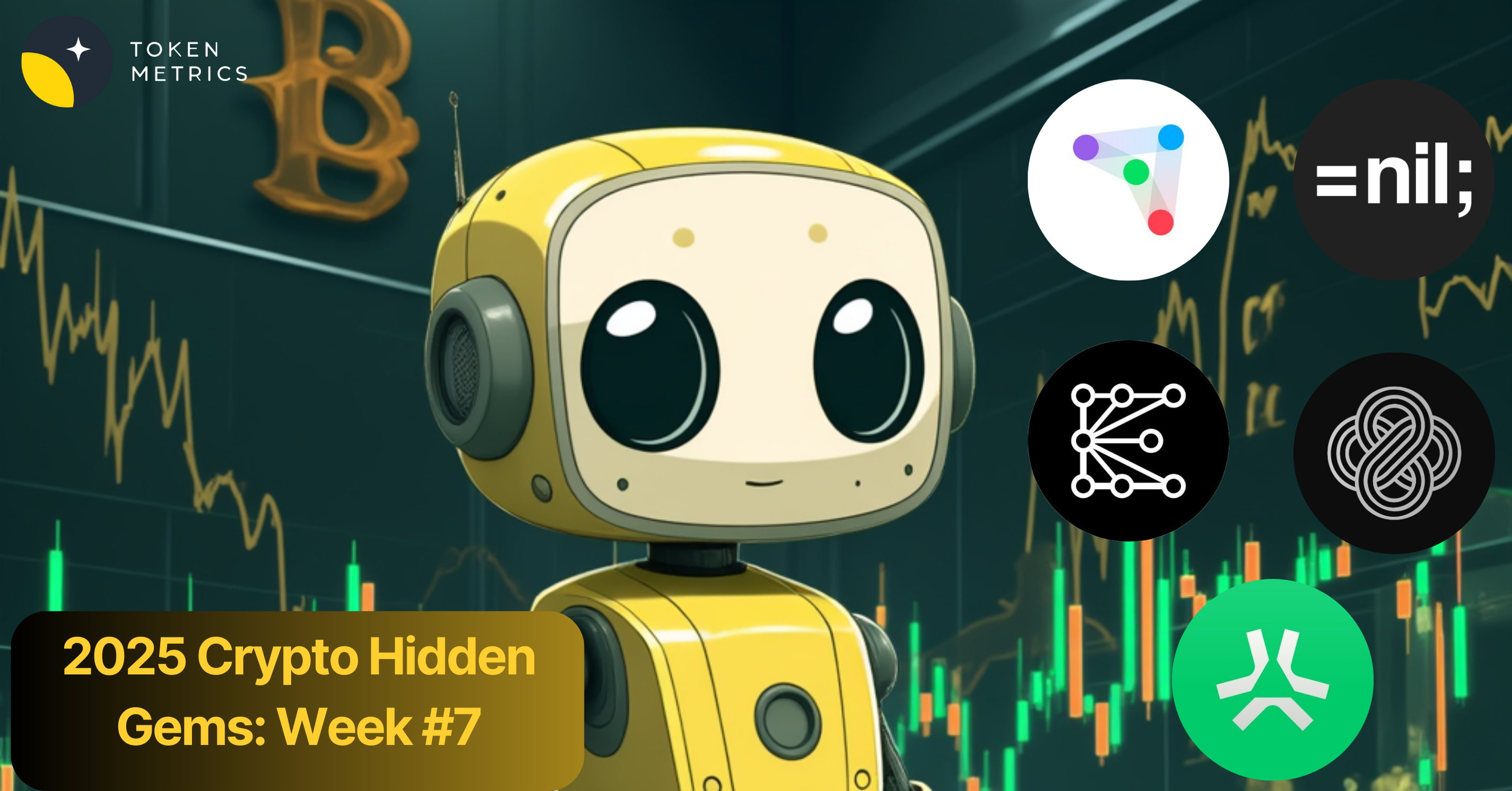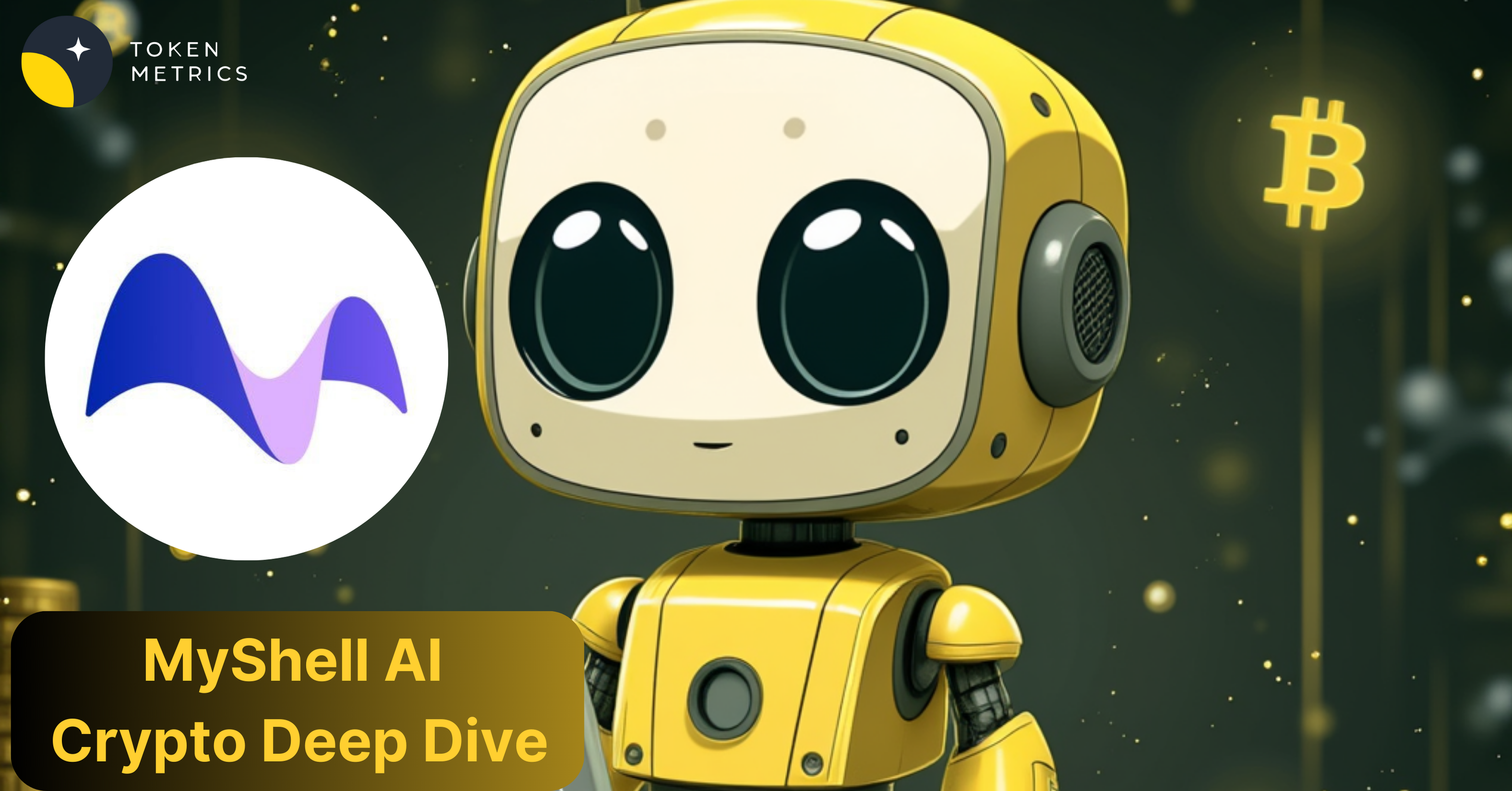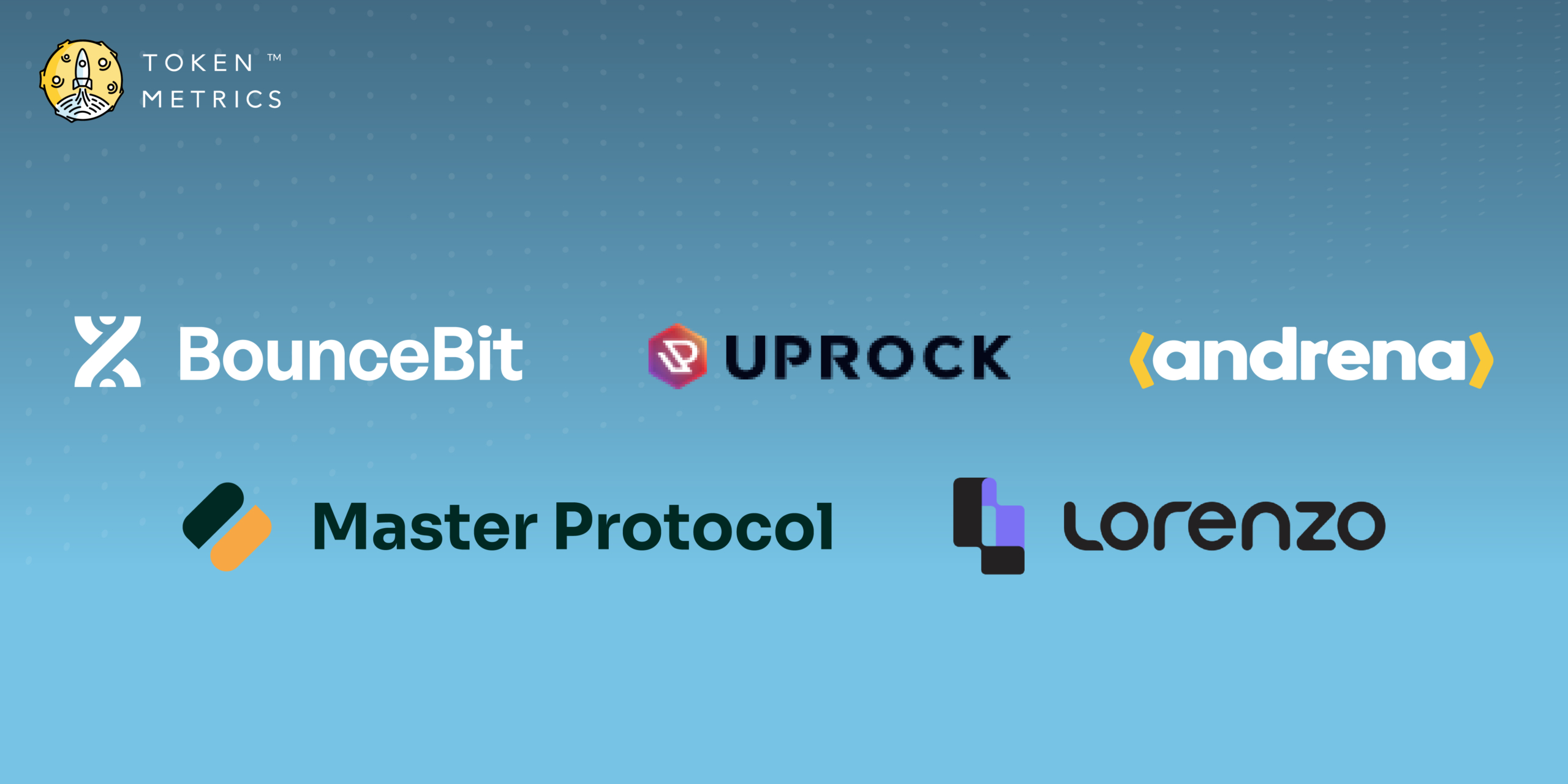Executive Summary

Nimble offers a decentralized framework that facilitates AI models, data integration, and reusability. This framework comprises a network of interconnected AI agents, data providers, and compute resources, which replaces traditional centralized platforms. Nimble’s approach revolutionizes the decentralization of artificial intelligence and data management in the Web3 ecosystem.
It aims to combat significant tech corporations’ monopolization of vast user data and large-scale AI models. It establishes an open, decentralized platform where data and AI models can be shared, enhanced, and utilized while preserving privacy. Nimble empowers the development of more sophisticated decentralized applications (DApps) by overcoming existing blockchain technologies’ computational and data access constraints.
About the Project
Nimble aims to democratize the intelligence economy by introducing composable AI, a protocol that allows individuals to utilize and contribute to cutting-edge AI technology with minimal barriers to entry. This approach enables the seamless integration of model predictions into traditional and decentralized applications across diverse domains via open APIs. Through composability, AI models can be interconnected, allowing them to consume and combine the outputs of other models to generate more powerful and nuanced predictions. Participants in the network can contribute training data, which will be distributed to all interested models in a decentralized manner, all orchestrated under a unified token ecosystem.
The platform features a decentralized AI and data marketplace where users can exchange value while preserving privacy. Users can place offer orders for their data sets and model parameters, and when an order is matched with a bid, validators reward the user with tokens. Data is transferred from the user to the node in a manner that ensures privacy. Experienced AI developers can contribute models in exchange for token rewards in the builder market.
One of Nimble’s key features is its emphasis on data ownership and privacy. By utilizing zero-knowledge proofs and privacy-preserving machine learning techniques, Nimble returns control of data to users, enhancing privacy and user trust. The platform also introduces a Proof of Gradient Consensus mechanism, which ensures network security and integrity through a novel consensus mechanism. This innovation expands the design space for decentralized applications (dApps), enabling the creation of decentralized AI marketplace applications and data marketplaces, among others.
Nimble’s composable AI infrastructure supports the development of advanced dApps across various domains, including decentralized social networks, personalized recommenders, and fraud detection systems. To enable broader integration, Nimble’s protocol outputs can be natively bridged to popular blockchains, allowing dApps from the decentralized web to leverage insights from Nimble. Traditional applications and enterprises can also directly consume insights from Nimble models using the platform’s developer SDK.
Nimble Market Analysis
The global artificial intelligence market reached $196.63B in 2023, with a projected compound annual growth rate (CAGR) of 37.3% from 2023 to 2030. This growth is primarily fueled by ongoing research and innovation efforts led by major technology companies, which are driving the adoption of advanced technologies. The crypto-AI space has experienced significant expansion in recent years and is poised for further growth. This trend has sparked considerable interest, leading to the emergence of numerous crypto-AI projects, both new and established, such as Bittensor and fetch.ai, with high FDVs.
However, early players in the field, like Bittensor, Render, and Fetch.ai have faced challenges with decentralization. Miners using their platforms cannot collectively run distributed model training, hindering collaboration among data contributors, AI engineers, and compute resources. This lack of collaboration restricts permissionless innovations within the space. There is a pressing need for a truly decentralized AI protocol that enables such collaborations. This is where Nimble comes in. Nimble’s composable AI protocol aims to lower entry barriers, allowing anyone to leverage and contribute to cutting-edge AI technology. By establishing an economy for intelligence, Nimble seeks to democratize AI, bringing the true utility of Web3.
Token
$NIMBLE serves as the official token of the Nimble ecosystem, with a maximum supply capped at 1 billion tokens. This token is pivotal in facilitating various activities within the ecosystem, including governance. The Nimble governance framework is designed to guide decision-making processes related to developing or modifying network mechanisms in the future.
The governance body oversees critical decisions, such as selecting updates to be applied to programs across the blockchain, determining fees and rewards, structuring miner permissions, and updating interpretation models. By enabling stakeholders to participate in governance, Nimble aims to ensure a transparent and inclusive decision-making process that aligns with the interests of the community and the long-term sustainability of the ecosystem.

Risk assessment
Nimble introduces novel features and utilities in the AI space, positioning itself as a significant player. However, it is expected to encounter competition from established names such as Bittensor and Fetch.ai, which have already gained momentum in the industry. Despite these challenges, Nimble’s unique offerings and innovative approach set it apart in the market.
In addition to competitive pressures, Nimble faces regulatory and compliance risks inherent in the rapidly evolving crypto and AI landscape. The potential for increased regulatory scrutiny poses challenges that could impact the project’s operations and compliance with essential regulations. Nimble must navigate these challenges effectively to ensure its seamless operation and long-term success in the market.
Team
The Nimble team comprises seasoned professionals with extensive backgrounds in prominent tech and Web 3 companies such as Apple, Uber, Google, Meta, Binance, and Palo Alto Networks. This diverse team brings a wealth of knowledge and experience in various fields, including deep learning, decentralized networks, and ultra-low latency distributed systems. Their collective expertise drives Nimble’s innovation and success in AI and blockchain.
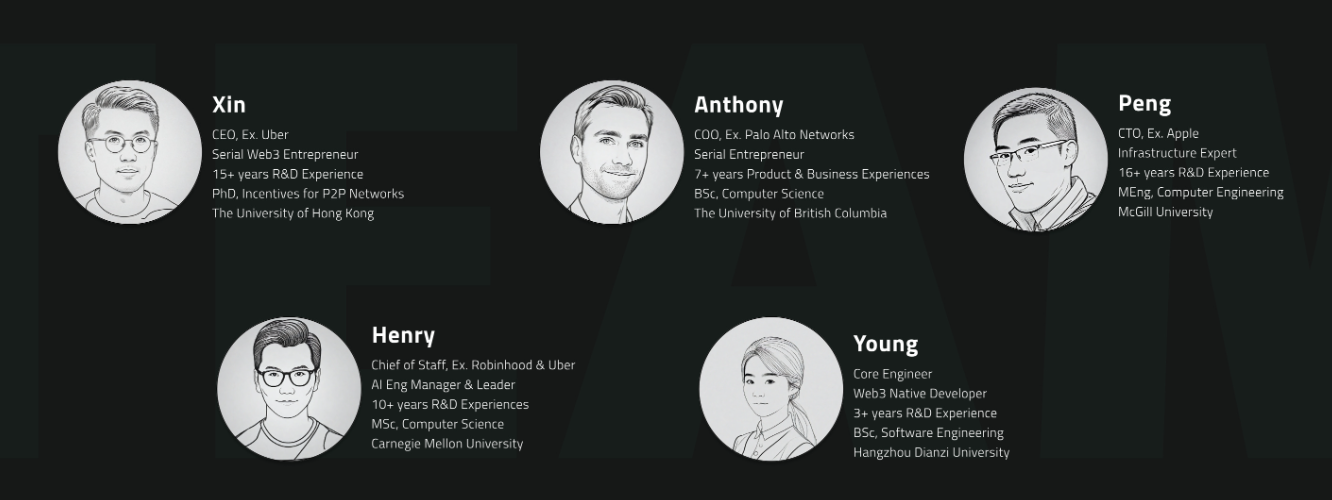
Conclusion
Nimble aims to democratize the intelligence economy through its composable AI approach. Nimble is at the forefront of innovation in an evolving ecosystem by providing a decentralized network where nodes can coordinate a trustless AI infrastructure for various applications. The project is making significant advancements in an ever-changing ecosystem and is supported by a competent team, making it a project of considerable interest and potential.


